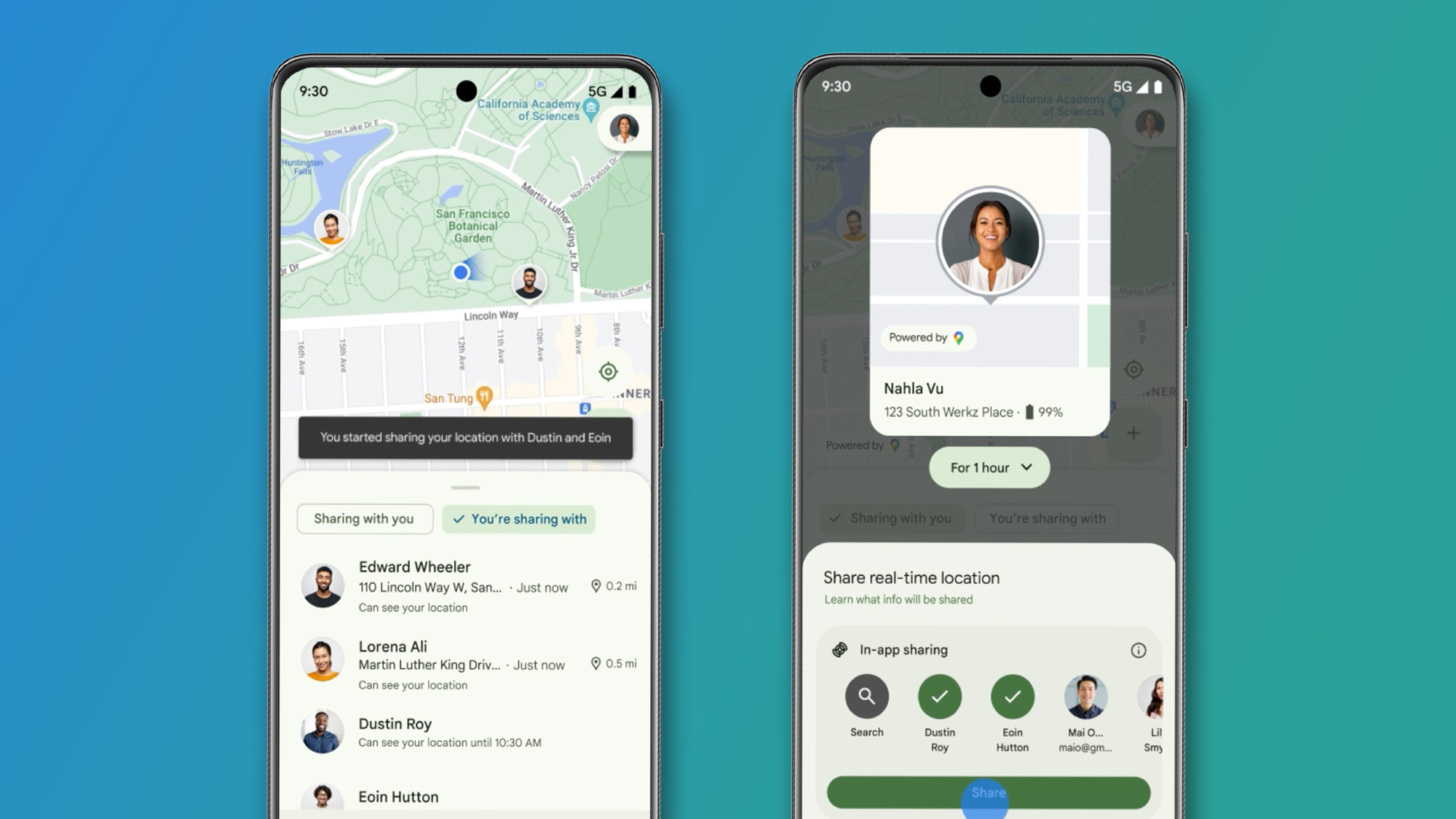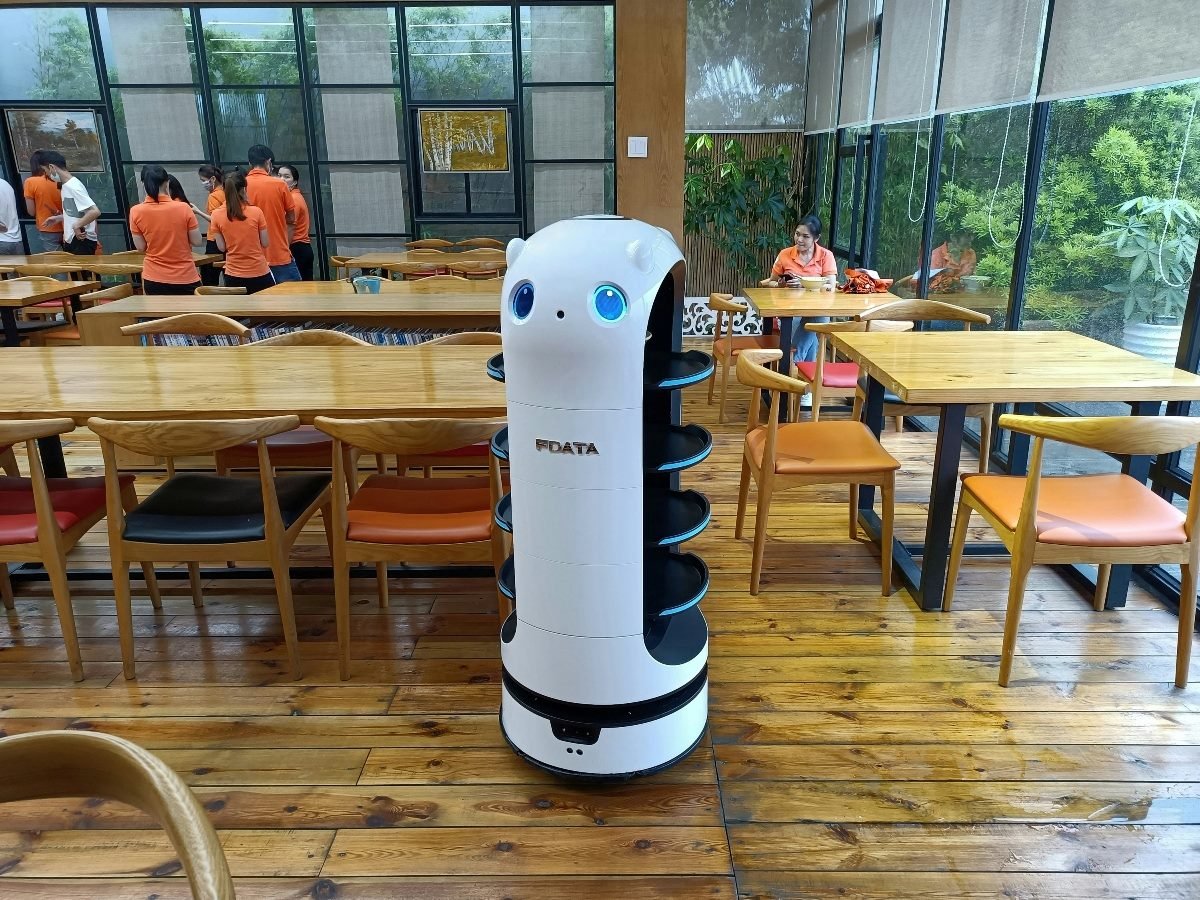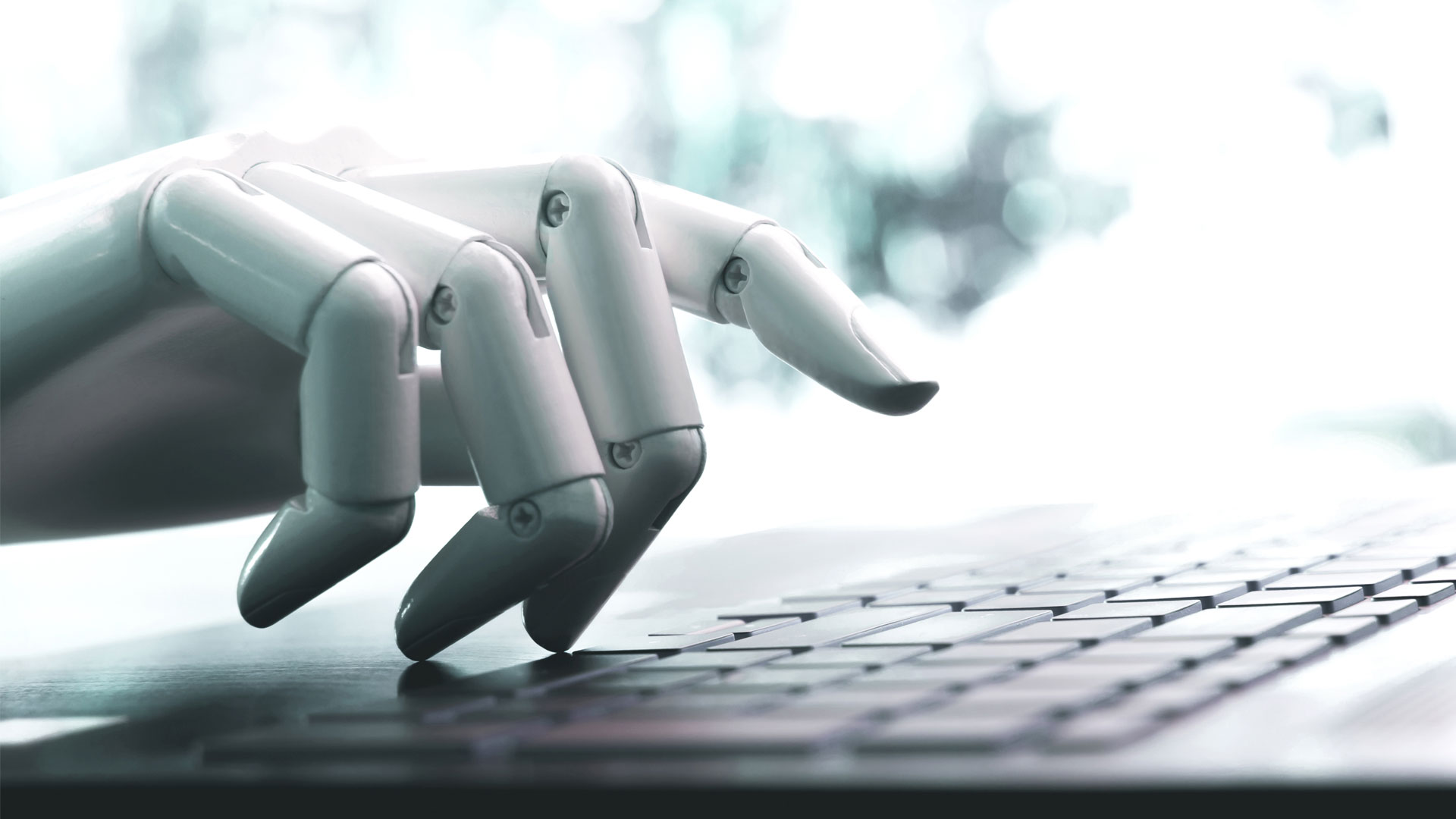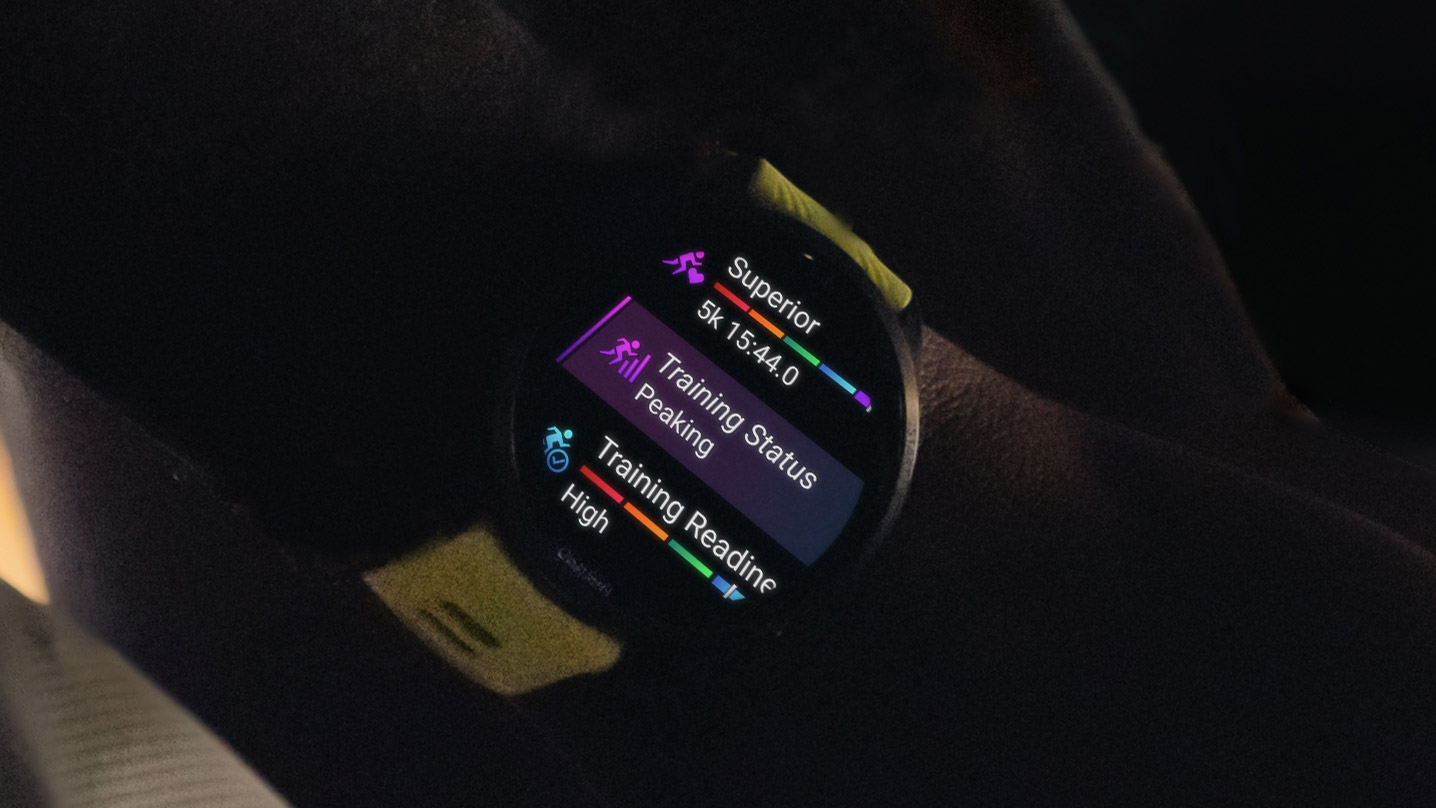Two-thirds of managers think employees are fearful of the impact of AI tools: here's what this survey says
Managers trust AI for tasks, not decisions, but employees still fear job loss, even as leaders shift toward using AI to support, not replace, them.

- Managers say AI boosts output, but they are still worried it could spark unrest among anxious workers
- More bosses think humans are irreplaceable, but AI might still change their pay
- Fear of AI hasn’t faded, even as daily use of the tech slightly declines
AI has shifted from a novelty to a mainstay in many workplaces, but its rise continues to stir concern among employees, new research has claimed.
A survey of 3,000 managers by Beautiful.ai revealed while managers generally see AI tools as a useful asset, most workers remain uneasy about their implications.
According to the survey, nearly two-thirds (64%) of managers believe their employees fear AI will make them less valuable, and 58% say staff are worried these tools could eventually cost them their jobs.
Human jobs appear secure, but only to an extent
Despite these concerns, workers may take some comfort in knowing that managers are becoming more cautious about replacing people with machines. Compared to last year, 15% more managers (now at 54%) oppose the idea of using AI to replace workers.
Only 23% believe that replacing workers with AI would benefit their company, while 63% feel their teams wouldn't function properly without human roles.
However, the tension around AI goes beyond potential job loss. Managers cited “fear of the unknown” and employee resistance as key challenges when introducing AI tools.
There is still cause for concern, as AI continues to evolve. 71% of managers said AI performs on par with, or better than, a novice manager. Even so, most believe AI excels at tedious or repetitive tasks but still falls short when it comes to high-level decision-making.
Managers primarily use AI to boost productivity and improve efficiency. For example, many of the best HR software and recruitment platforms now integrate AI features to help streamline hiring and internal processes, without fully replacing human judgment.
That said, salary remains a sensitive issue. While fears of AI-driven pay cuts have eased slightly, 41% of managers still see AI as a threat to wages. Increased efficiency could mean fewer roles or broader responsibilities for individuals, potentially lowering pay for others. In some cases, AI-assisted tasks may also be valued less.
While most human roles appear safe for now, the nature of work may change as AI becomes more embedded in daily operations.
































































































































































![[The AI Show Episode 143]: ChatGPT Revenue Surge, New AGI Timelines, Amazon’s AI Agent, Claude for Education, Model Context Protocol & LLMs Pass the Turing Test](https://www.marketingaiinstitute.com/hubfs/ep%20143%20cover.png)




























































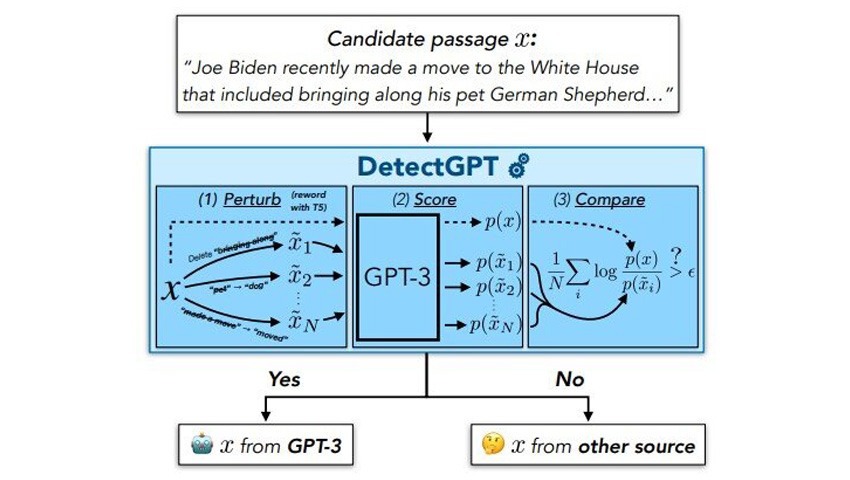
































































![[DEALS] Koofr Cloud Storage: Lifetime Subscription (1TB) (80% off) & Other Deals Up To 98% Off – Offers End Soon!](https://www.javacodegeeks.com/wp-content/uploads/2012/12/jcg-logo.jpg)

























![Is this too much for a modular monolith system? [closed]](https://i.sstatic.net/pYL1nsfg.png)




















































































































_roibu_Alamy.jpg?width=1280&auto=webp&quality=80&disable=upscale#)




 CISO’s Core Focus.webp?#)





































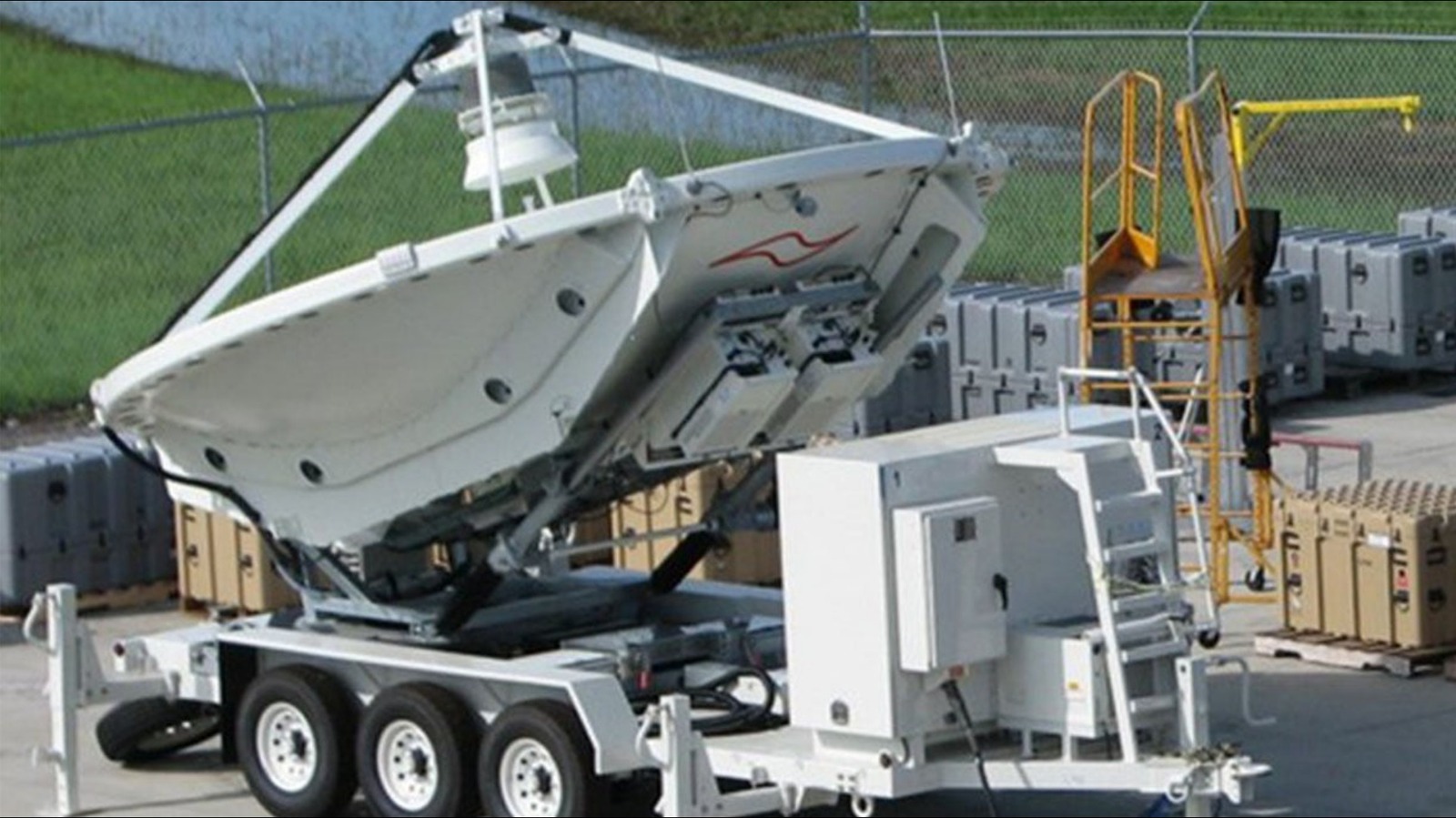












































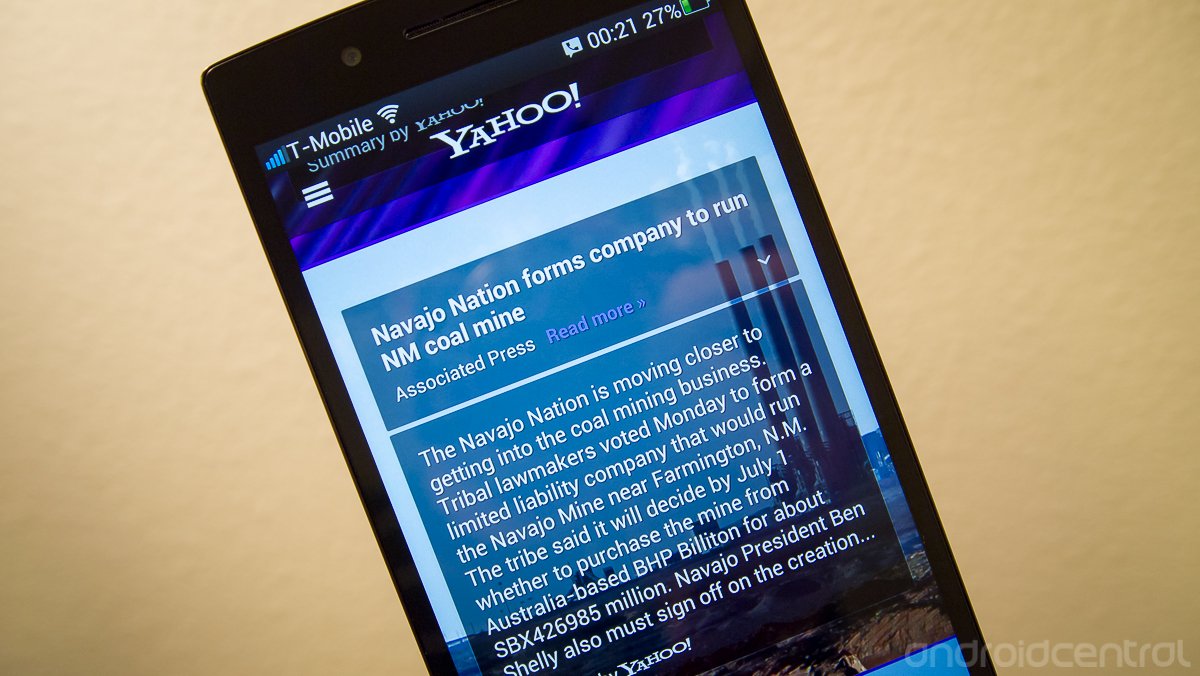

















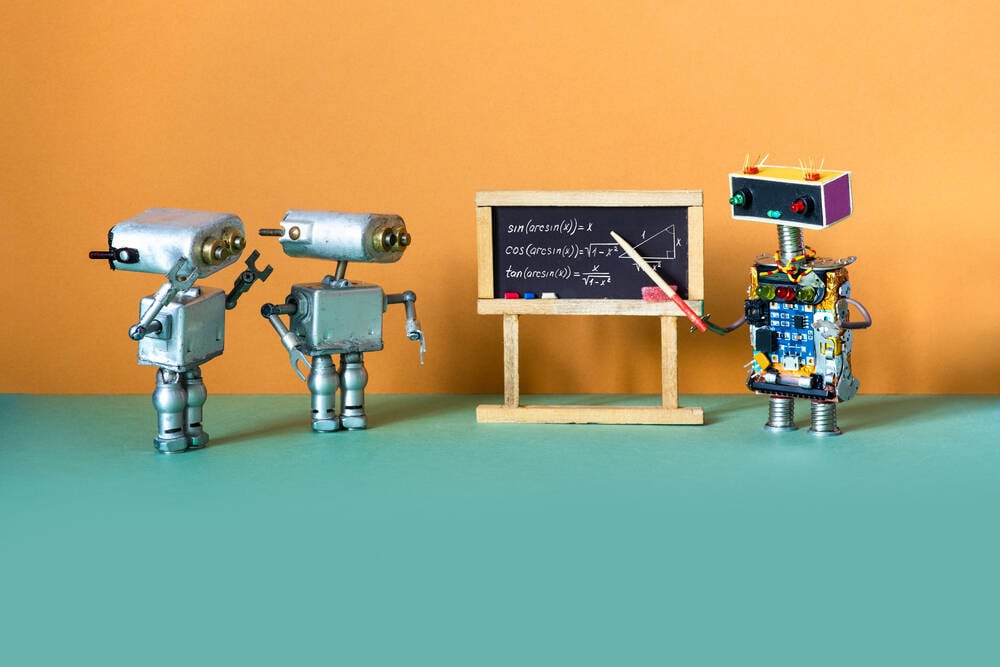



![M4 MacBook Air Drops to Just $849 - Act Fast! [Lowest Price Ever]](https://www.iclarified.com/images/news/97140/97140/97140-640.jpg)
![Apple Smart Glasses Not Close to Being Ready as Meta Targets 2025 [Gurman]](https://www.iclarified.com/images/news/97139/97139/97139-640.jpg)
![iPadOS 19 May Introduce Menu Bar, iOS 19 to Support External Displays [Rumor]](https://www.iclarified.com/images/news/97137/97137/97137-640.jpg)
















